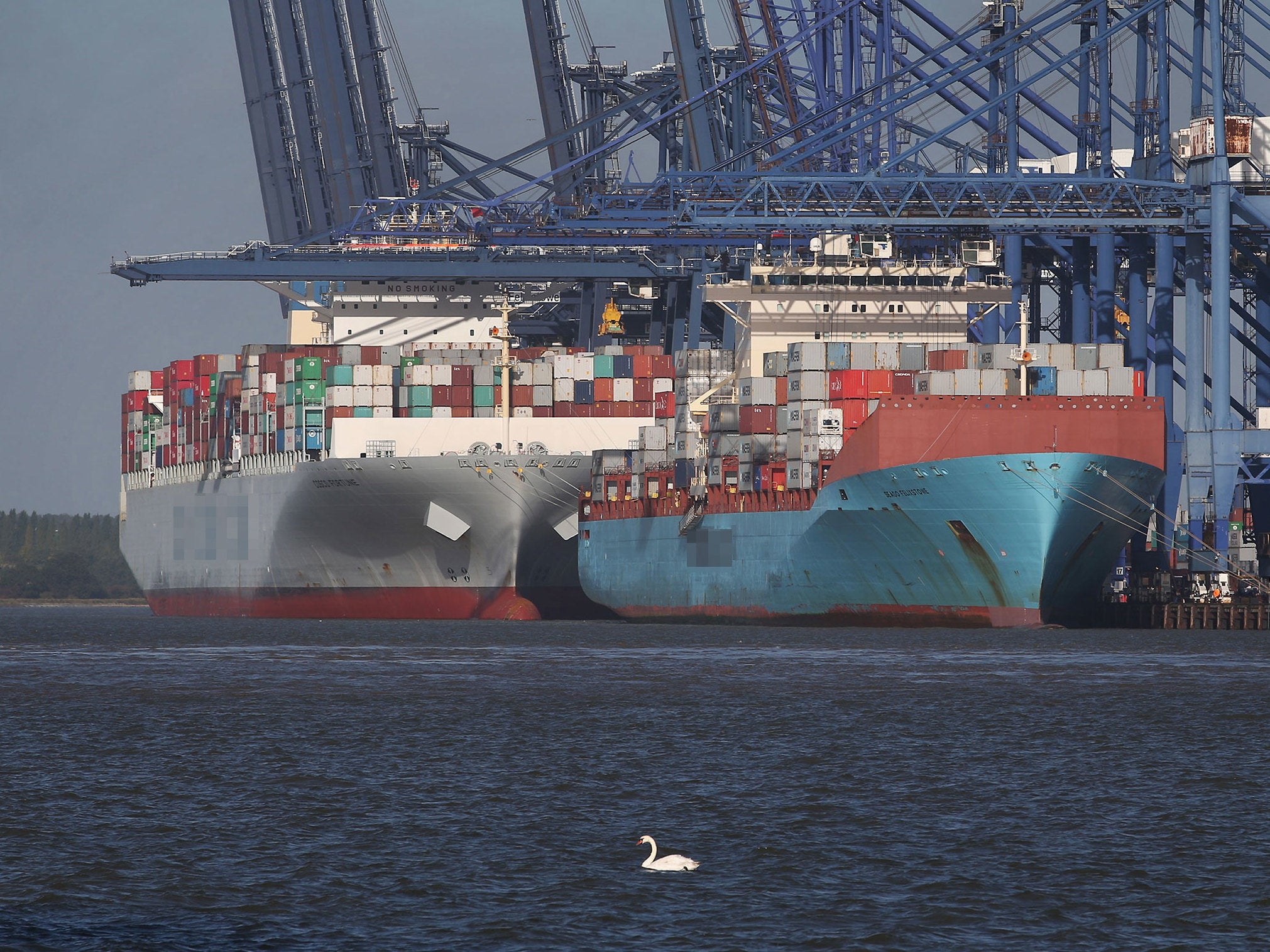Could we see the economic impact of a no-deal Brexit much sooner than we think?
Analysis: We've been told that 29 March is the key date for the fate of the economy. But could we actually be experiencing the negative impact of a no-deal already? Ben Chu looks at the evidence


The Business Secretary, Greg Clark, warned last week that the real Brexit deadline for some exports is not 29 March but 15 February.
This is because it takes six weeks to ship cars from the UK to Japan.
If the UK crashes out of the European Union with no deal on 29 March it will also lose the coverage of the new Japan-EU trade deal, which means zero tariffs on cars sent between the two markets.
Manufacturers really need to know before they ship goods if they are going to have to pay tariffs on them when they arrive. If they don’t have clarity soon they could choose not to export.
This raises the issue of whether we could start to see economic consequences of a no-deal Brexit (or even its ongoing possibility) rather sooner than many people think.
To some extent this is clearly true. Industrial surveys suggest that stockpiling by manufacturing firms is taking place at a record rate due to fears of a no-deal rupture.
This is affecting the economy already, as firms are spending cash on building inventories and on warehouse rent that they would otherwise have spent on other things.
Suppliers to care homes and hospitals are stockpiling food.
The health secretary, Matt Hancock, has become the world’s biggest purchaser of fridges as the NHS stores vital drugs.
This seems to be having knock-on effects on other corporate decisions.
Investment in the car industry fell by 50 per cent in 2018, with Brexit blamed as the prime culprit.
And investment across the whole economy fell over the first nine months of the year according to the Office for National Statistics.
A survey by the Institute of Directors suggests that a fifth of large firms have already moved some operations abroad due to Brexit.
Construction activity appears have slumped in 2019.
What impact has all this corporate trepidation had on the UK economy?
The latest indications are that overall GDP growth slumped in the second half of last year.
And the Bank of England expects growth of just 1.2 per cent in 2019 – which would be the worst since the 2008-09 recession.

This is partly due to slowing world growth, but also Brexit. And that Bank of England forecast assumes a smooth Brexit rather than a rupture at the end of March.
The view of most economists is that the economic damage of Brexit is indeed already being done – and it is hurting the UK even if we end up avoiding a no-deal disaster later this month.
Got an unanswered question about Brexit? Send it to editor@independent.co.uk and we’ll do our best to supply an answer in our Brexit Explained series
Join our commenting forum
Join thought-provoking conversations, follow other Independent readers and see their replies
Comments
Bookmark popover
Removed from bookmarks